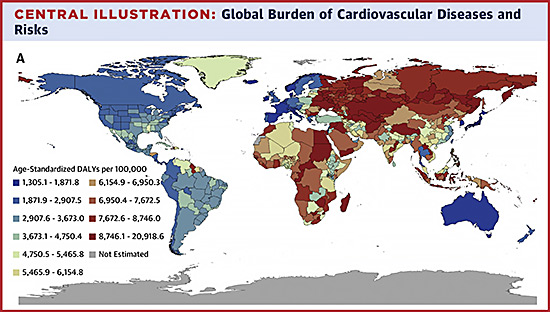Habitual consumption of even small amounts of processed meat, sugary drinks, and trans fatty acids...
Followed by
The data showed that people who ate as little as one hot dog a day ...
As little as one hot dog a day? I eat like one every few months. How many hot dogs is the average American eating daily?

